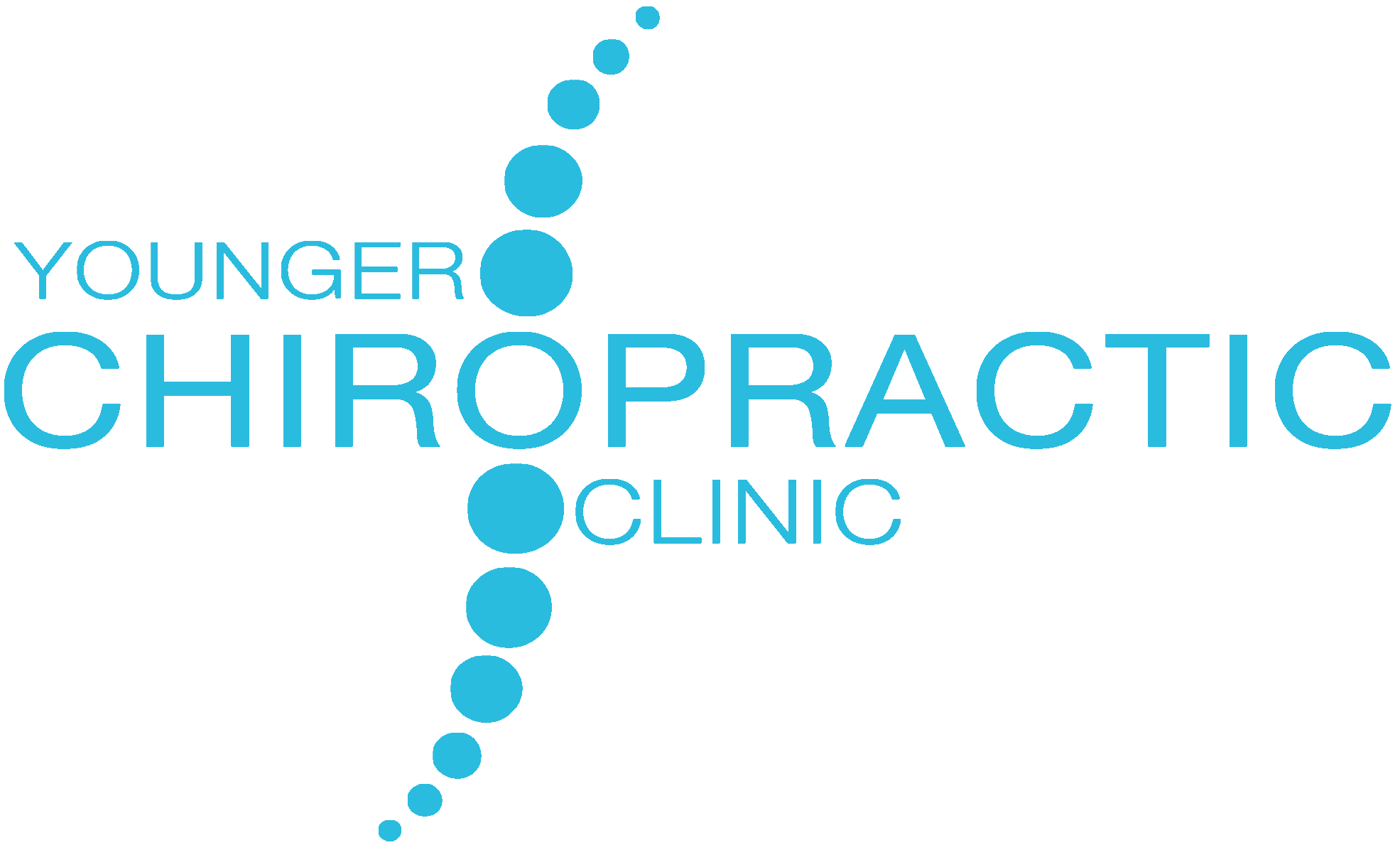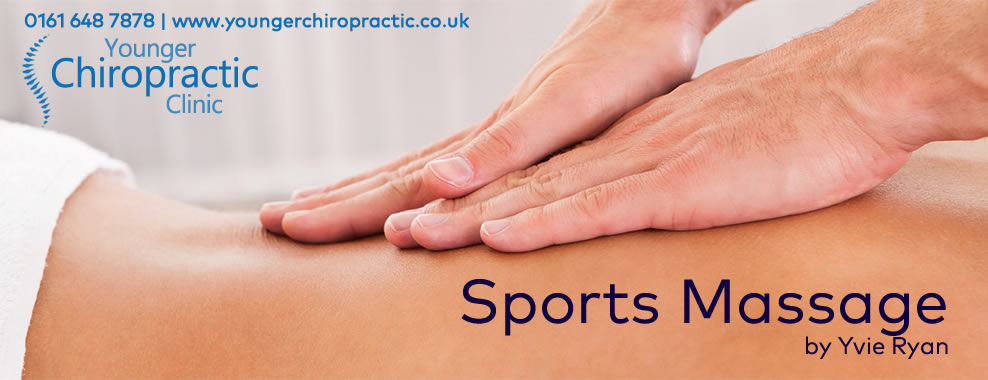Sports Massage FAQs
Can I still have a sports massage even if I don’t do sport?
Absolutely! Even if you don’t do any form of sport or exercise, our everyday movements still put stresses on our body, which can, over time, lead to long-term issues. Many office workers, for example, who spend long hours every day sitting at a desk suffer from pain and stiffness in their neck, shoulders and lower back, which can become quite serious problems if left unchecked. Regular sports massage will help to ease the strain put on these areas of your body, reducing the risk of serious problems arising.
Sports massage will help your muscles, as well as your mind, to become more relaxed and loose, allowing them to move more freely and preventing them from becoming too tight and stiff. Massage helps to drain away fatigue, to relieve swelling, to reduce muscle tension, to promote flexibility and to prevent injuries. People who drive a lot as part of their job have similar problems to the office worker and can benefit from sports massage in the same way. Anyone working in a physically demanding job where movements such as lifting and carrying heavy objects are regularly required can also benefit from regular sports massage to help counteract the stress put on their knee joints, lower back and shoulders.
Will Sports Massage help my injury?
Yes. Sports massage is proven to reduce recovery time, sometimes dramatically, by shortening the time it takes for injuries to heal, and makes the after effects “better”. Sports Massage reduces the swelling and oedema associated with soft tissue injuries. After a serious injury, Sports Massage helps form strong, pliable scar tissue instead of the usual random stiff scar tissue, so that range of motion and tissue extensibility are maintained. A short list of benefits are:
- Shortens the time it takes for an injury to heal.
- Helps to reduce swelling and oedema.
- Helps to form soft, pliable scar tissue.
- Maintains or increases the range of motion.
- Eliminates splinting in associated muscle tissue.
- Locates and deactivates “trigger points” that form as a result of the original trauma.
- Help get the athlete back into training sooner with less chance of re-injury.
How often should I get a Sports Massage?
That depends on several factors: if you are an athlete/participate in sport, factors such as training volume and intensity need to be considered; also whether or not you have chronic pain or acute injury, etc. If you don’t participate in sport, then occupational factors may come into play, for example, do you sit at a desk all day and have a tight neck and shoulders? Or do you carry out heavy manual work which makes you tight and prone to injury?
For some athletes, a weekly massage gives huge results. Other athletes only get an occasional Sports Massage if they’re in pain. The best way to reduce the effects of hard training, stress or occupational aches and pains, is with regular Sports Massage. It is a fact that even getting massaged once a month regularly has a long lasting positive impact.
Will one single Sports Massage “fix” my problems?
Sometimes yes. If you have a tight, painful neck and shoulder complex, for example, you can expect to come away from a Sports Massage experiencing a lot of relief, at least for a while. But it probably took you months or years to get that way. It’s not reasonable to expect permanent relief from an hour session of Sports Massage. The effects of Sports Massage are very much like the effects of athletic training. Your first bike ride won’t turn you into Bradley Wiggins, but a consistent training program will give you massive improvements.
I am pregnant, can I still have a sports massage?
During pregnancy, hormonal changes cause ligaments and joints to soften leading to additional strain on the skeletal system. This often causes aches and pains most commonly in the hips, buttocks and lower back. The increasing weight of the baby can pull on the lumbar spine causing postural imbalances. These changes can be difficult to prepare for, but massage during pregnancy can help to reduce these discomforts and promote relaxation and a sense of well-being. Massage therapy during pregnancy can help:-
- Ease muscle and joint strain
- Reduce stress and anxiety
- Promote relaxation and sleep
- Reduce oedema and blood pressure
- Improve flexibility and energy levels
- Support your physiological and emotional needs
Please note: If you are in your first trimester of pregnancy, please contact your GP before having a massage. If you are considered high risk, please also take the advice of your GP at any stage of pregnancy.
Is Sports Massage painful?
Sports massage uses a lot more pressure to release tightness etc than other types of massage. However, Yvie will work within your individual capacity for pressure and uses a scale system to help learn what you like. For example, if you’ve just run a marathon we know you can’t take a lot of pressure on your legs. Sometimes individuals develop knots or trigger points that require stronger bodywork and may cause discomfort. If this is the case, Yvie will communicate with the client about pain levels, working together to make the session as productive as possible, and as pain-free as can be. Yvie also has clients with conditions such as Fibromyalgia and chronic fatigue; These clients have a very low tolerance for pain, in these instances, the massage is more of a flush out to relieve pain, rather than a very deep massage.
Are there times that I shouldn’t get a Sports Massage?
Yes. Contraindications are conditions when you should not be massaged. The most common condition among athletes is that of an acute injury or inflammation. Usually, the first 72 hours after an injury is the acute stage. After the swelling and pain begin to diminish, massage is recommended. A partial list of contraindications is: fever, vascular conditions, severe heart disease, contagious skin conditions, inflammation, abrasions, cuts, hematomas, cancer, neuritis, recent surgery, infectious diseases, diabetes with vascular dysfunction, fractures, and acute injury. There are too many possible conditions to list here so it is your responsibility to alert us to any medical condition or injury before a massage begins. Some conditions are localised so massage may take place except in the affected area. Always consult with your doctor if unsure.


